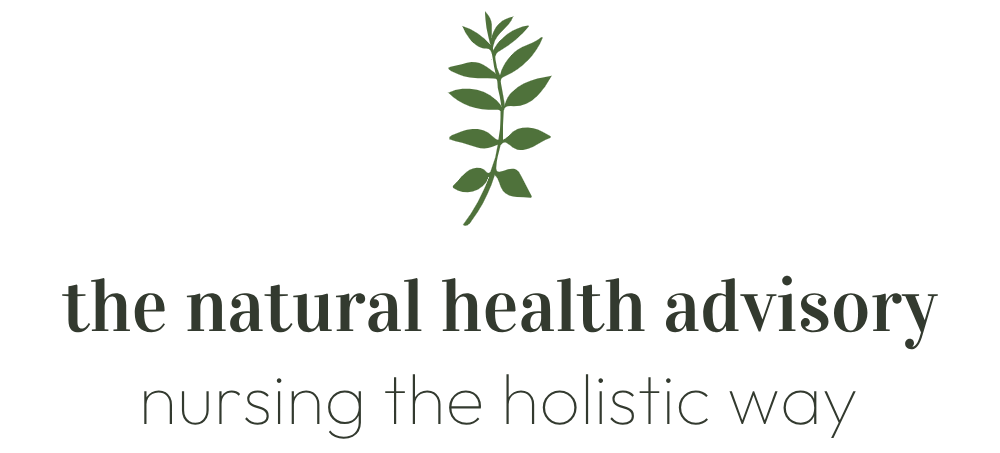Pregnancy is an exciting journey filled with anticipation and changes, and one of the most important aspects of ensuring a healthy pregnancy is good nutrition. What you eat during pregnancy affects both your health and your baby’s development. Getting the right balance of vitamins, minerals, and nutrients is crucial for the well-being of both you and your growing baby. In this blog, we’ll walk you through essential nutrition tips to support a healthy pregnancy.
1. Focus on Nutrient-Dense Foods
During pregnancy, it’s important to prioritize foods rich in essential nutrients. These include whole grains, lean proteins, healthy fats, fruits, and vegetables. Nutrient-dense foods provide your body with vitamins, minerals, and energy needed for your baby’s growth and development.
- Lean proteins: Foods like chicken, turkey, fish, eggs, beans, and tofu are excellent sources of protein, which is essential for your baby’s tissue and organ development.
- Whole grains: Brown rice, quinoa, oats, and whole wheat provide fiber, B vitamins, and iron, supporting your energy levels and preventing constipation.
- Healthy fats: Omega-3 fatty acids, found in fish, flaxseeds, and walnuts, are crucial for your baby’s brain and eye development.
2. Include Folic Acid-Rich Foods
Folic acid (vitamin B9) is one of the most important nutrients during pregnancy, especially in the first trimester. It helps prevent neural tube defects, which affect the brain and spinal cord.
In addition to prenatal vitamins, include these folic acid-rich foods in your diet:
- Leafy green vegetables like spinach, kale, and broccoli
- Citrus fruits such as oranges and grapefruits
- Fortified cereals and grains
- Legumes, including lentils and chickpeas
Aim for at least 600 micrograms of folic acid daily.
3. Prioritize Iron for Healthy Blood Supply
Iron is essential during pregnancy because your body needs more to support the increased blood volume and ensure adequate oxygen supply to your baby. Iron deficiency can lead to anemia, causing fatigue and affecting your baby’s growth.
Iron-rich foods to include:
- Lean red meat, poultry, and fish
- Iron-fortified cereals
- Spinach, lentils, and beans
- Dried fruits like apricots and raisins
Pairing iron-rich foods with vitamin C sources (like oranges, bell peppers, and strawberries) can enhance iron absorption.
4. Don’t Forget Calcium and Vitamin D
Calcium is vital for the development of your baby’s bones and teeth, while vitamin D helps your body absorb calcium effectively. Together, they play a significant role in your baby’s skeletal development.
Aim for 1,000 milligrams of calcium daily by incorporating:
- Dairy products such as milk, yogurt, and cheese
- Calcium-fortified plant-based milk (almond, soy, or oat milk)
- Leafy greens like kale and bok choy
- Tofu and almonds
For vitamin D, spend time outdoors for sunlight exposure, or include fortified foods such as eggs, salmon, and fortified milk. Your prenatal vitamin should also contain vitamin D.
5. Stay Hydrated
Proper hydration is key throughout your pregnancy. Drinking enough water helps with digestion, reduces the risk of urinary tract infections, and supports the increased blood volume needed to deliver nutrients to your baby.
Aim to drink at least 8-10 glasses of water daily, and more if you’re physically active or during warmer weather. If plain water becomes boring, try adding fresh fruit slices, like lemon or cucumber, for a refreshing twist.
6. Manage Morning Sickness with Gentle Foods
Many pregnant women experience morning sickness, especially during the first trimester. Eating small, frequent meals and choosing gentle foods can help manage nausea.
Some tips for coping with morning sickness include:
- Opt for bland, easy-to-digest foods like crackers, dry toast, and bananas.
- Ginger tea or ginger-infused snacks can help alleviate nausea.
- Avoid strong-smelling or greasy foods that may trigger symptoms.
7. Mind Your Meal Portions and Frequency
Instead of focusing on eating for two, prioritize eating nutrient-dense meals in reasonable portions. Your energy and nutritional needs increase, but overeating can lead to unnecessary weight gain and discomfort.
Aim for:
- Small, frequent meals: Eating 5-6 small meals throughout the day can help maintain energy levels and reduce bloating.
- Snacking smart: Choose healthy snacks like nuts, seeds, yogurt, and fruit to keep hunger at bay and avoid nutrient-poor options.
8. Limit Caffeine and Avoid Alcohol
High caffeine intake during pregnancy has been linked to an increased risk of miscarriage and low birth weight. It’s best to limit caffeine consumption to no more than 200 milligrams per day, which is roughly one 12-ounce cup of coffee.
Additionally, avoid alcohol completely, as it can lead to fetal alcohol spectrum disorders and other complications.
9. Supplement Wisely
While a balanced diet is key, prenatal vitamins are an important supplement to ensure you’re getting enough essential nutrients like folic acid, iron, calcium, and DHA (an omega-3 fatty acid). Work with your healthcare provider to select the right supplements that complement your diet.
10. Listen to Your Body
Finally, it’s crucial to pay attention to your body’s signals during pregnancy. If you’re feeling overly tired, hungry, or unwell, adjust your diet accordingly. Every pregnancy is unique, and your nutritional needs may change as your baby grows.
Consult your healthcare provider or a qualified nutritionist if you’re unsure about certain foods or supplements. They can provide personalized advice based on your health, lifestyle, and specific pregnancy needs.
Conclusion
A healthy pregnancy starts with proper nutrition. By focusing on nutrient-rich foods, staying hydrated, and following these tips, you’re not only supporting your health but also giving your baby the best possible start. Remember, every pregnancy is different, so listening to your body and working closely with your healthcare provider will ensure you meet your unique nutritional needs along the way.
Ready to take the next step?
For personalized nutrition plans tailored to your pregnancy, book a free consultation with The Natural Health Advisory today!


